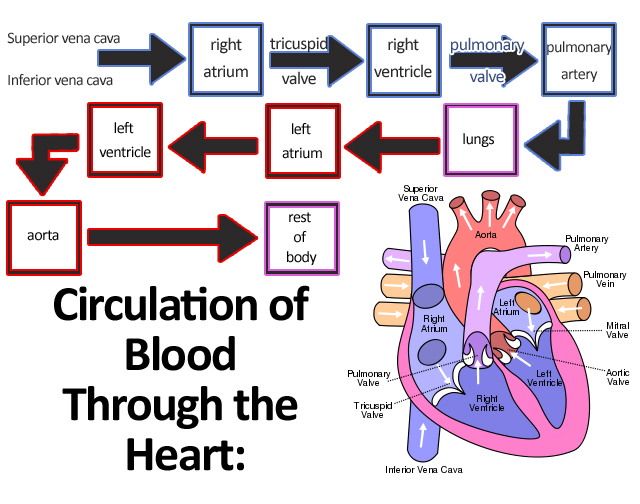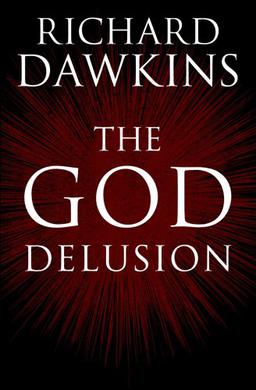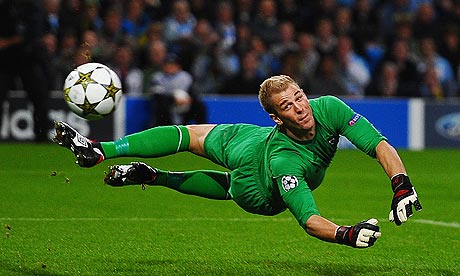There is a significant difference between what I will call ‘negative’
and ‘positive’ thinking. Positive thinking rests on the assumption that
a solution’s past success (the ‘is’) guarantees or increases the
probability of the solution’s future success (the ‘ought’): past success
ought to show future success. Negative thinking, however, does not run
into the is/ought problem: if a universal statement contradicts an
existential statement, and the existential statement corresponds with
the facts, then the existential statement is false.
I know very few things, but I do know that
the future is both unknown and unknowable. If there is one thing I’ve
tried to make clear, it is that past confirmation through experience teaches us nothing about the future success of proposals for action.
Future problems are not identical to past problems, for they occur at
different times, different locations, different circumstances. If the
circumstances are similar, this can only be known retroactively, the
recollections of their similarities may be in error, and even then
similarity does not indicate that there are no confounding factors in
play.
As in lower-order animal behavior, “habit” or repetition, is no
guarantee of future success; it is a psychological drive towards the
feeling of certainty about the status of a choice and a guarantee of
failure when confronting a new and unexpected problem.
These positive think has the following dogmas:
- infallibilism (certainty can be obtained, or at least approximated enough for practical use). Increasing the certainty in a proposal’s future success is actually a psychological burden.
- justificationism (past success of theories indicates future success). The fact that the current success of a solution to a problem in no way guarantees its future success counters this dogma; furthermore, this means that corroborations do not increase the probability of a theory’s future successes.
- dogmatism (ignoring the infinite number of
alternative proposed solutions or criticisms). If one sticks to their
expectations, they will reach a point when the solution is inadequate.On the other hand, negative thinking follows the negative proposition put forward by David Miller:
“Refrain from any practical proposal that does not survive critical scrutiny as well as others do.”
To behave rationally, one must openly and critically evaluate linguistically proposed solutions to pertinent problems. All attempts to solve a problem must necessarily be forms of trial-and-error elimination processes. The best way to solve problems is then through a cooperative (or competitive) effort of trial and error, uncovering the worst available solutions, eliminating these solutions from consideration, and retaining the solutions that survive criticism.
(If it should turn out that this evaluation of solution was faulty (for we are fallible), we are implicitly accepting the objectivity of problems and solutions: some solutions are objectively better at solving problems.)
If recent studies on brain structure and language acquisition tell us anything, it is that humans are born prejudiced. I mean that in the broadest sense: we pre-judge the face of a mother, the sucking reflex, the gripping reflex, the reflex to learn language, and so on. We are hardwired to behave in certain ways in response to the environment, and one of these behaviors is the ability to learn, to make guesses, and to eliminate guesses that do not solve our problems. Humans may want to confirm their prejudices, as in the child that refuses to use grammar in the culturally appropriate way, or they may want to correct their prejudices. This desire to correct prejudices leads to the negative theory of rationality, a mirror-image of positive theories of rationality.
This negative thinking is then a biologically evolved predisposition to openness of different solutions to problems that thrives in specific cultural environments. It is the willingness to accept that a solution is unsuccessful in certain contexts. It abandons striving for certainty or even probability in the assessment of guesses. Thus, negative rationality is a different attitude towards background beliefs:
- fallibilism (denial of certainty), which leads to an openness to criticism, and of appropriate responses to criticism;
- negativism (exclusively negative method of testing), meaning that past success of a solution is irrelevant to future success;
- skepticism (utter impossibility of ever justifying anything), since there is no way of telling in the present which of several solutions will be successful: only in retrospect will the best proposal be revealed.













